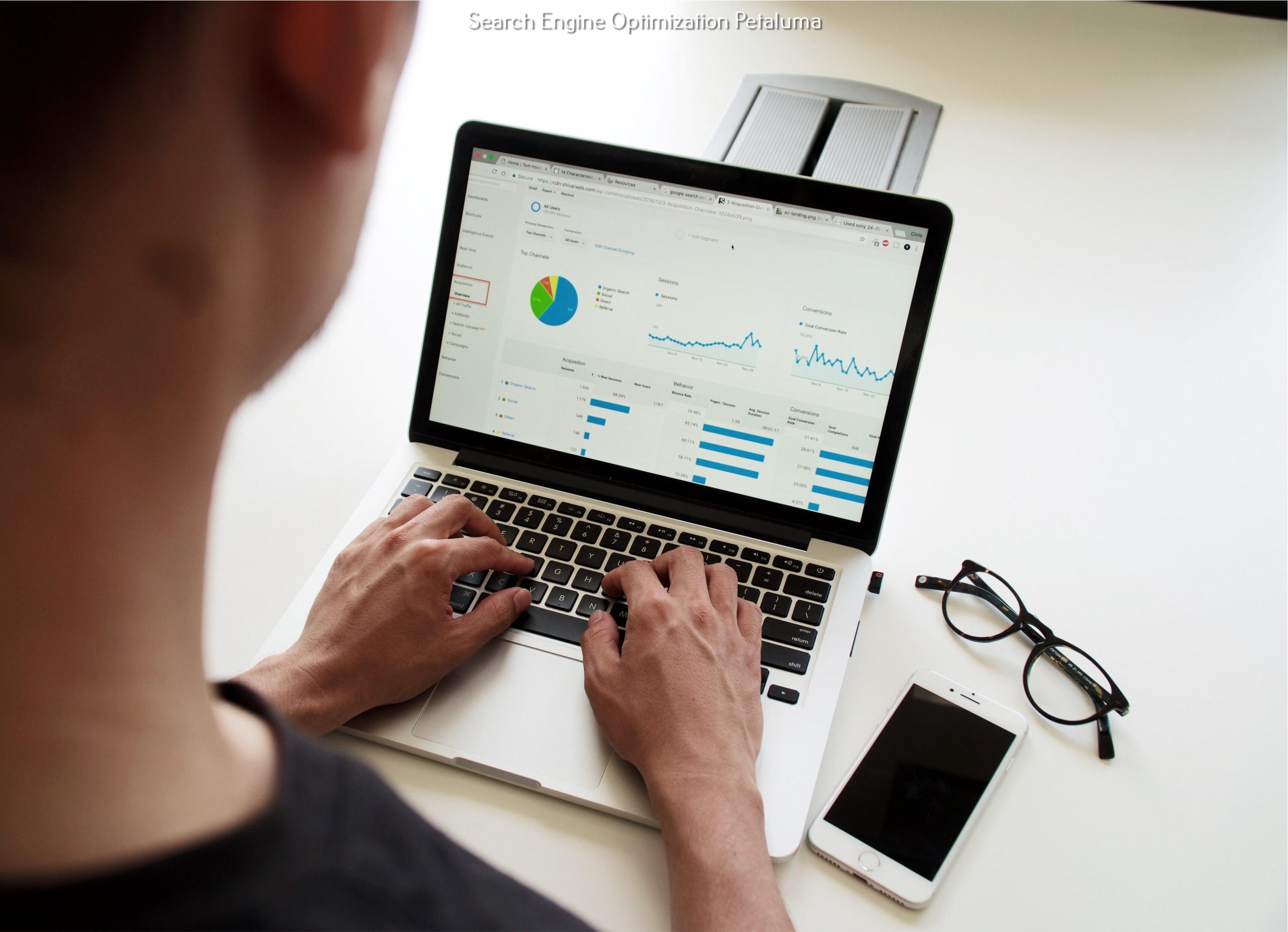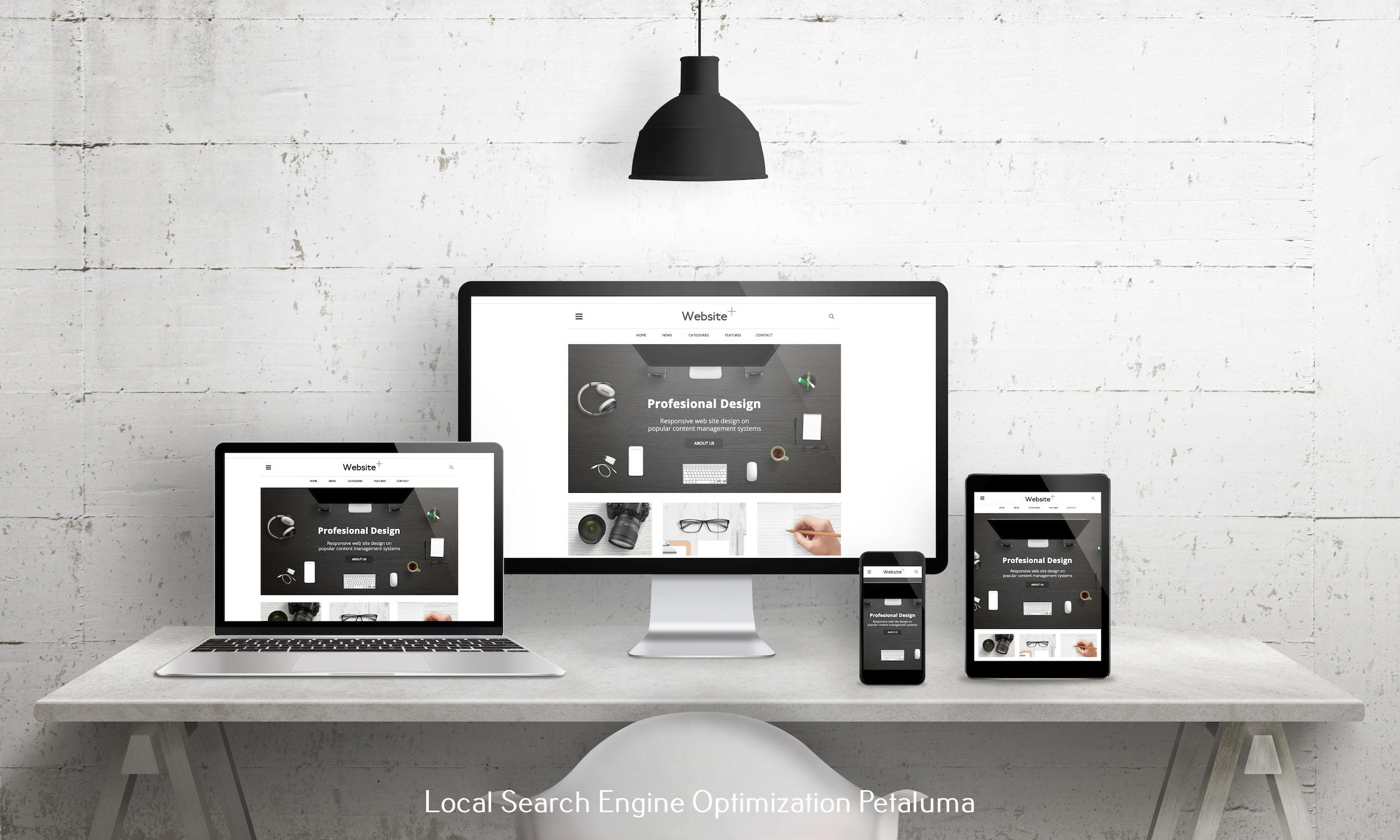When it comes to measuring the success of your SEO efforts, having the right metrics is crucial. With the ever-changing landscape of digital marketing, it can be overwhelming to determine which metrics are important and which ones you should focus on. That's why we've compiled a list of five essential metrics that you should track in your SEO analytics report.
1. Organic Traffic
Organic traffic refers to the number of visitors who come to your website through search engines like Google or Bing. It is an important metric because it shows how well your website is ranking in search results and how effective your SEO strategy is. By tracking organic traffic over time, you can see if there are any fluctuations or trends that may indicate changes in your website's visibility.
To improve organic traffic, focus on optimizing your website for relevant keywords, creating high-quality content, and building backlinks from reputable sources. Keep in mind that organic traffic can also be affected by external factors such as algorithm updates or changes in search behavior, so it's essential to monitor this metric regularly.
2. Keyword Rankings
Keyword rankings show where your website ranks for specific keywords in search engine results pages (SERPs). Tracking keyword rankings helps you understand which keywords are driving traffic to your site and which ones require more attention.
To improve keyword rankings, conduct thorough keyword research and optimize your content accordingly. It's also crucial to regularly monitor and update your keyword strategy as search algorithms evolve.
3. Click-Through Rate (CTR)
CTR measures the percentage of people who click on a link after seeing it on a search engine results page. A high CTR indicates that people find your content relevant and compelling enough to click through to your website.
To improve CTR, ensure that your meta titles and descriptions accurately reflect the content on each page of your site. Use enticing language that will entice users to click through while staying true to what they will find on the page.
4. Bounce Rate
Bounce rate measures the percentage of visitors who leave your website after viewing only one page. A high bounce rate can indicate that your content is not meeting users' expectations or that your website is difficult to navigate.
To improve bounce rate, focus on creating engaging and informative content that meets users' search intent. Ensure that your website is user-friendly and easy to navigate, so visitors stay longer and explore more pages.
5. Conversion Rate
Conversion rate tracks the percentage of visitors who take a desired action on your website, such as making a purchase or filling out a contact form. It's a crucial metric because it directly impacts your bottom line.
To improve conversion rates, make sure you have clear calls-to-action (CTAs) on each page of your site and optimize landing pages for conversions. Regularly testing and tweaking these elements can help increase conversion rates over time.
Conclusion
Tracking these five essential metrics in your SEO analytics report can help you understand the effectiveness of your SEO efforts and identify areas for improvement. Keep in mind that these metrics should not be viewed in isolation but rather as part of a bigger picture. By continuously monitoring and adjusting your strategy based on these metrics, you can drive more organic traffic to your website and ultimately grow your business.






































0 Comments